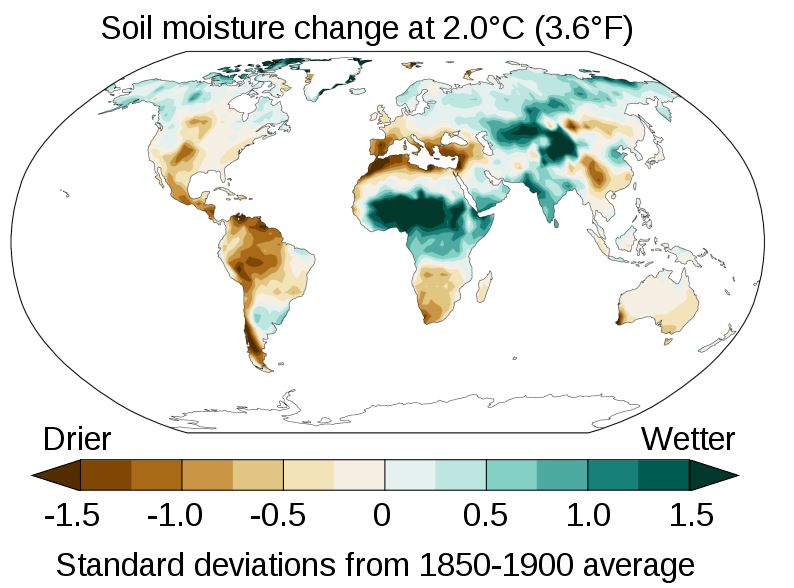Brianna Fruean, a 23-year-old Samoan climate activist, addressed the COP26 summit in Glasgow. She told world leaders, “I don’t need to remind you of the reality of vulnerable communities. If you’re here today, you know what climate change is doing to us. The real question is whether you have the political will to do the right thing.”
While climate change is inevitable, its effects won’t impact everyone equally. Marginalized communities that have been under-resourced and historically excluded will bear the brunt of these changing times. This phenomenon has been summarized in a simple phrase: “Those who contribute the most to climate change will be least affected by it.”
On a per-capita basis, greenhouse gas emissions are far higher in wealthy countries like the United States. The Northern Hemisphere, where 13 of the 15 largest countries by GDP are found, emits far more than the Southern Hemisphere does, the Washington Post reported. But the whole globe warms as a result. As illustrated in the map below, disasters and weather patterns will be far more severe and erratic in the so-called “Global South” than in the “Global North.”

Brianna Fruean is part of a group called Pacific Climate Warriors that represents small island nations—some of which are most vulnerable to a warming planet. For many of these countries, climate change is already happening with visible effects.
Island nations have historically worked together and used their collective voice to enact action. At the COP20 in Paris six years ago, they just did that. Island leaders were the ones who advocated for keeping the global temperature below 2 degrees Celsius.
However, the pandemic has hampered the voices of Island leaders at this year’s climate summit. Satyendra Prasad is Fiji’s ambassador to the U.N. and chair of the Pacific Islands Forum. With fewer representatives from the smaller Pacific nations, Prasad said he felt the stakes were higher and there was more pressure on him.
“There’s so many negotiations taking place … It would be different if there were 14 leaders from Pacifica present here,” he told the American University Radio. “Of course we are listened to. I’m not sure that we are heard.”
Fiji produces far fewer greenhouse gases than countries like the U.S. and China, but like many other island nations, it is already bearing the brunt of climate change. Prasad said even if global temperatures only rose 1.5 degrees Celsius, small island nations would still lose 30% to 70% of their economy.

April Baptiste, a professor at Colgate University, researches the colonial roots of current-day climate change narratives. She said that dynamic reinforced patterns have always existed between these islands and more powerful nations.
“It goes to this history of colonialism, right? And the history of exploitation,” Baptiste told the American University Radio. “A lot of these island states, because, by definition, they may have been perceived as being sort of dispensable, right? Small island states were always the playground for the more powerful within our global economic system.”
People in the Global South face the effects of global warming daily, seeing the land degrade and losing livelihoods to extreme drought and flooding. Economist and German-Bangladeshi Tonny Nowshin told EuroNews that communities in the Global South should be the decision-makers on how to tackle climate change.
Nowshin prefaced decolonization as the key to solving the climate crisis. She said, “We cannot solve a problem with the same tools and same mindset that created the problem. We need to focus differently, rethink our economic system and prioritize the people who are in the forefront, and listen to them.”
AsAmNews has Asian America in its heart. We’re an all-volunteer effort of dedicated staff and interns. Check out our new Instagram account. Go to our Twitter feed and Facebook page for more content. Please consider interning, joining our staff, or submitting a story, or making a contribution.


